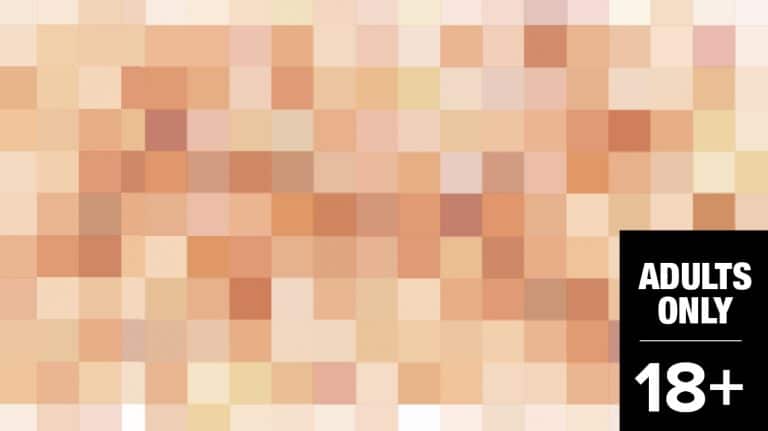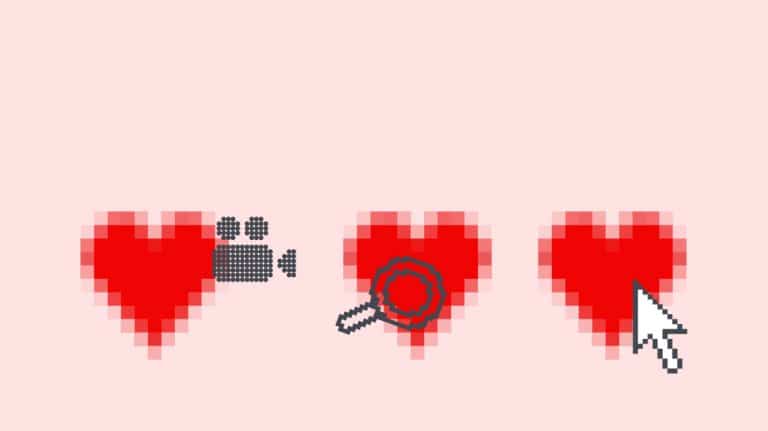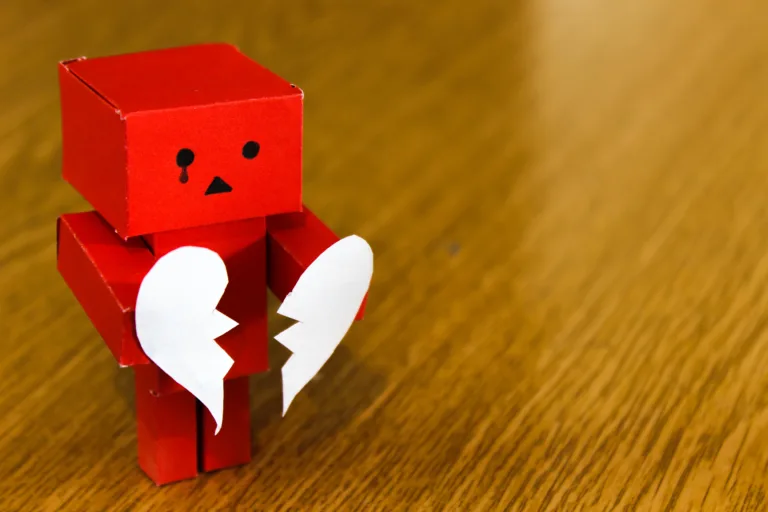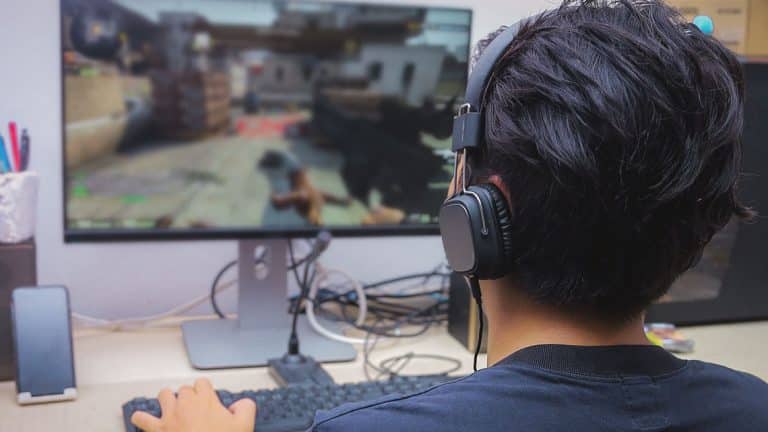What is image based abuse?
Image-based abuse (sometimes called image-based sexual abuse, revenge porn or sextortion) is the name for the non-consensual sharing of intimate images. It is a type of online sexual harassment and can be an offence under the Harmful Digital Communications Act. Netsafe can help remove the content as well as advise you on the options available….

Image-based abuse (sometimes called image-based sexual abuse, revenge porn or sextortion) is the name for the non-consensual sharing of intimate images. It is a type of online sexual harassment and can be an offence under the Harmful Digital Communications Act. Netsafe can help remove the content as well as advise you on the options available.
What are intimate images?
Intimate images/videos can be of someone nude or semi-nude. Often these images are produced and shared with someone consensually – this doesn’t mean that this person has consent to share them with others under the law.
Image-based abuse can also include altered images or videos to make it appear that a person is in an intimate image/video they didn’t produce.
Is image-based abuse illegal?
Sharing (or threatening to share) nude or nearly nude images/videos of someone else without their consent can be an offence under the Harmful Digital Communications Act and a potential offence under other Acts. If prosecuted under the Harmful Digital Communications Act, the penalties can be a fine of up to $50,000 or up to two years jail for an individual, and up to $200,000 for a body corporate.
The majority of the criminal prosecutions for the Harmful Digital Communications Act in its first 18 months were for image-based abuse.
How to get help if you’re experiencing image-based abuse?
If someone has shared an intimate image/video of you, report this to the police and contact Netsafe. We can help you get the online content removed and explain the options available under the law. Our service is free and confidential and we regularly deal with these types of reports. We normally don’t need copies of the image/video, but we may need you to supply URLs to the content. This is so we can explain to the platform the content we want to be removed.
What to do if your images have been shared
- Screenshot the content if you can and record the URL, the time it was posted and any other relevant details like how it made you feel
- Report the content to the platform that it’s on
- Report the profile/account of the person who shared the content to the platform (e.g. Facebook, Twitter etc.)
- Contact Netsafe if you would like advice on the options available to you. Our helpline is open from 8am – 8pm Monday to Friday and 9am – 5pm on weekends and public holidays
There are apps that can help too, like StopNCII stopncii.org. This is a free service for anyone over 18 to get intimate images or videos removed from social media, including Facebook. You don’t need to send the image to any moderators, it all works from your own device (with the original image) to track and remove the photo or video online.
Under 18’s can get help too. Take it Down takeitdown.ncmec.org works in the same way as StopNCII.
FAQs
What if I sent the images/video to the person in the first place, or we created them together? By sharing your intimate image/video, this does not mean that person has consent to share it with others under the law. Netsafe can help you have the content removed and explain the options available to you.
What should I do if someone sends me intimate images/videos? Do not share intimate images of other people without their consent. If you come across intimate images of others unintentionally, delete the content immediately and do not pass it on.
What do I do if I’ve shared someone’s intimate images? If you have shared intimate content of someone without their consent, delete it immediately. If you have done this, and would like some help contact Netsafe for information.
How can Netsafe help? We can talk to you about the situation and let you know what options are available to you. If appropriate, we can work with the other person/people involved to reach a resolution, and may be able to contact online content hosts to request that the content be removed.
Be alert and stay safe online. Learn more about how you can stay safe and get help from online bullying and abuse.
CONTACT NETSAFE
If you are concerned about the immediate safety of you or someone else, please call 111. If you want help or expert incident advice, you can contact us. Our service is free, non-judgemental and available seven days a week.
- Email [email protected]
- Call toll free on 0508 NETSAFE (0508 638 723)
- Online report at netsafe.org.nz/report
- Text ‘Netsafe’ to 4282
KEEP UP TO DATE
Follow us on social media and sign up to our newsletter for alerts, news and tips.







